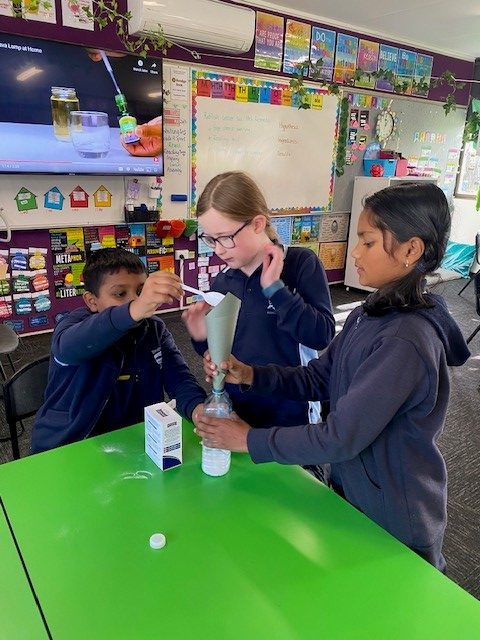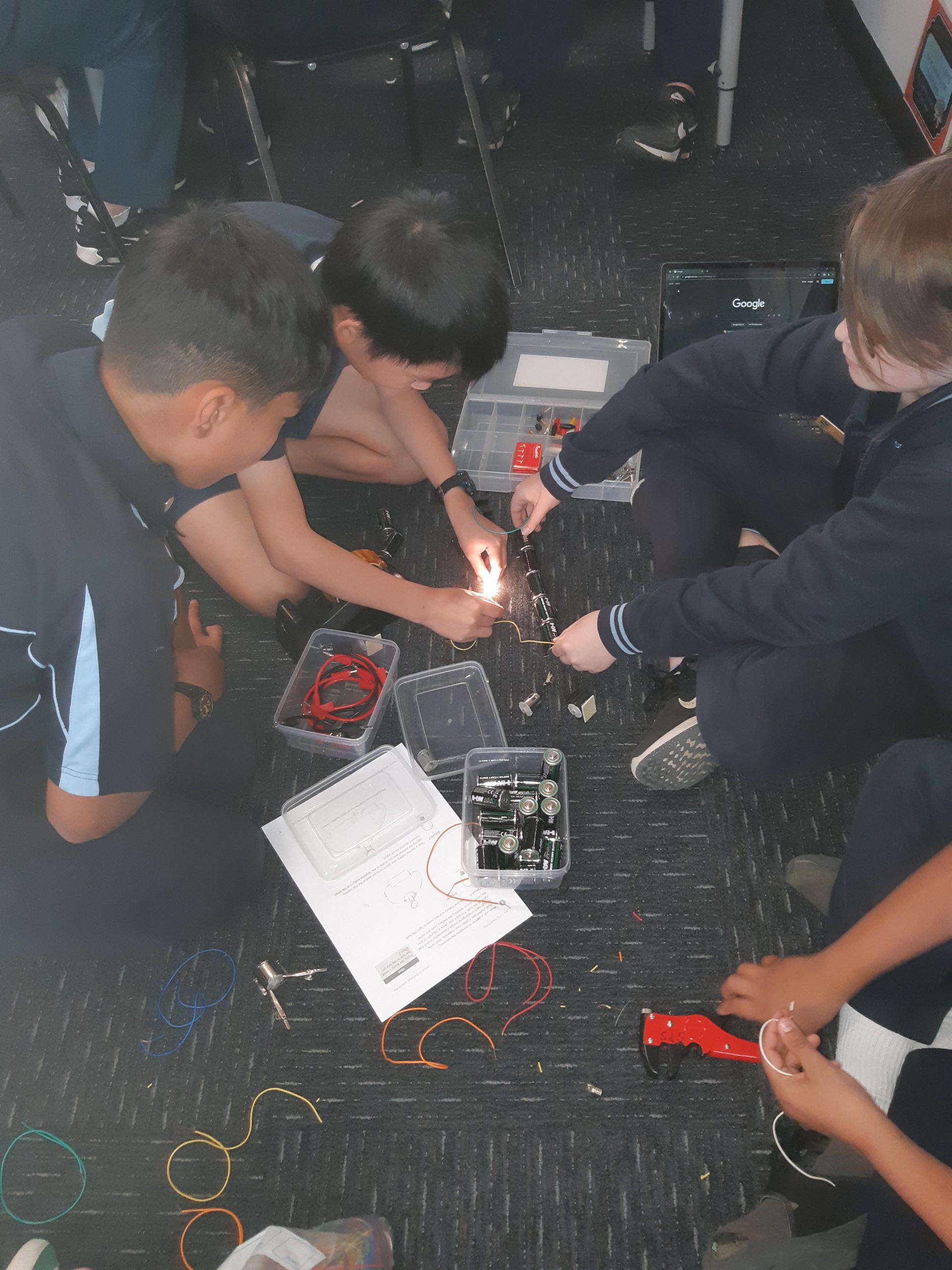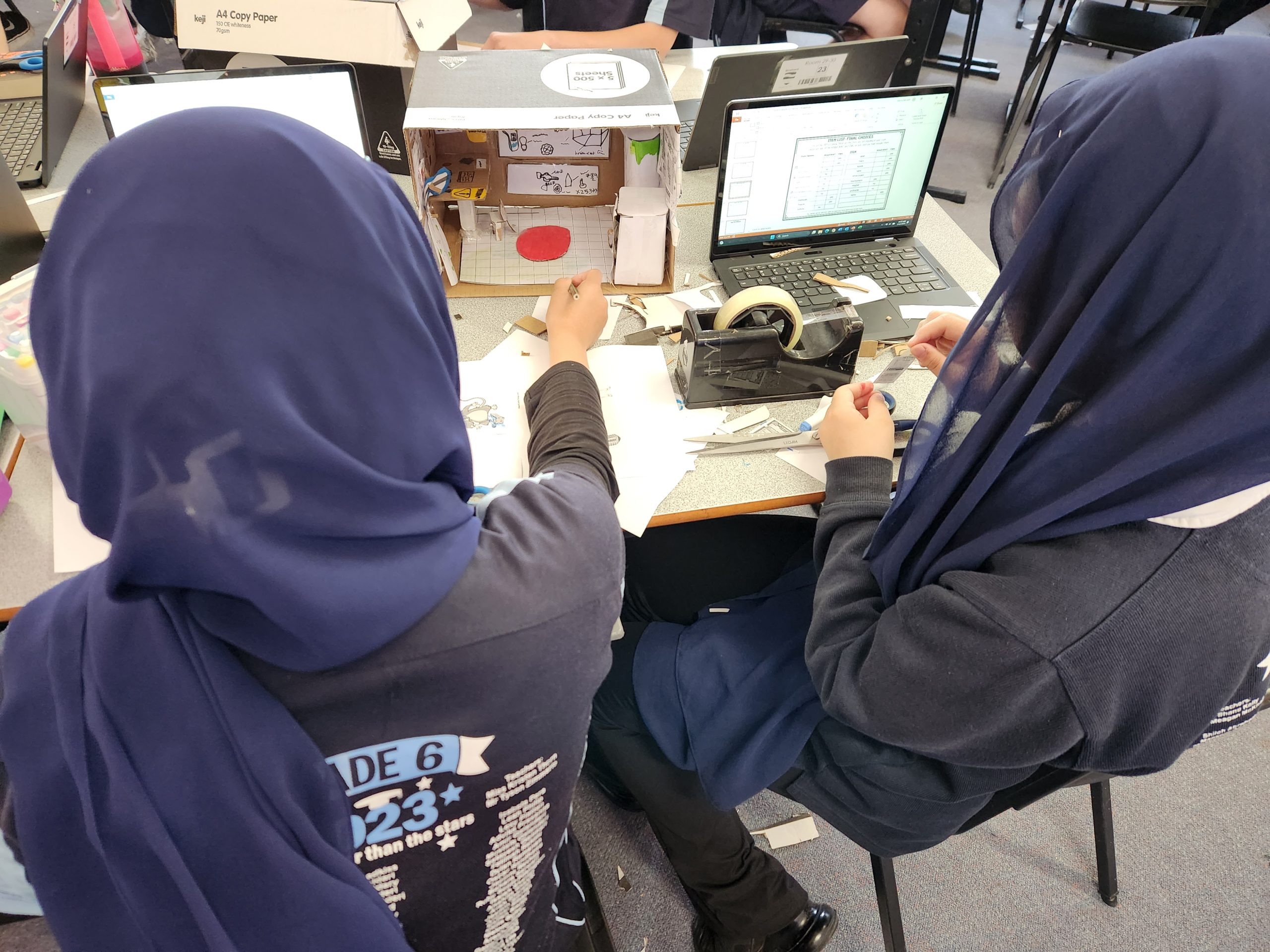Inquiry Learning Model
At Strathaird Primary School our students learn about the world they live in. Our inquiry units provide opportunities where teachers work with students to explore key concepts about all aspects of our world.
At the beginning of each year, all year levels are involved in a whole school inquiry unit; ‘What Makes a Good Learning Community?’. This brings together each class and year level to begin a solid start to the school year as learners of our school community. This unit also helps to create a positive learning environment in each classroom and encourages students to discover how they learn best and what helps and hinders their learning process.
In Prep, learning will be modelled by the teachers at the beginning of each session. Students then have time directed towards learning as they work at the areas set up within the classroom for that understanding. During this time, we use words such as explore and discover. Teachers work closely with students to build their learning and encourage them to question and record their learning that was investigated.
| Lesson Structure | |
| Element | Teaching |
| Introduction | – Teachers model key learnings. They discuss student questions and ideas for students’ explorations. |
| Discovery Time | – Teachers scaffold the students learning and help with connections as they explore different areas and resources. |
| Reflection | – Teacher supports all students to reflect on their learning. |
Grades 1-6 are implementing a Kath Murdoch based inquiry model. Inquiry learning is based on the belief that students are capable learners who can collaborate to explore and learn about the world they live in. Inquiry lessons allow students the chance to ask questions, articulate their wonderings about their world and take ownership of their learning.
These Inquiry lessons also involve using the Inquiry Learning Assests of being a : Collaborator, Communicator, Thinker, Self-Manager, Reseracher and Contributor.
Through Inquiry learning we are creating interest and curiosity in students as well as a range of transferable skills such as digital literacy, critical thinking, planning, self-management, organisation and communication.
Each term, year levels will explore a big question and big understandings that directly relate to an area of the Humanities, Science, Design and Technology or Business and Economics. Students begin with tuning into the question and understandings, reflecting on what they already know, finding out new information and sorting this information out. They then move to a more independent learning pathway where they further investigate a related area of the inquiry and present and share their new learning to the wider community.
| Project-based cycle |
| Phase | Typical Teacher and Student Activity |
| Tuning In | Sparking student interest & curiosity. Help students make connections to key concepts about their world. Reflect on students’ prior knowledge of the inquiry. |
| Finding Out | Teachers support students to actively gather and analyse new information from a range of resources. |
| Sorting Out | Students analyse their data and evaluate information, ideas and alternatives. e.g. I used to think…but now I think |
| Going Further | Students then move to investigating a related topic of interest. |
| Reflection | Assessing students’ final understandings and growth.Students reflect on what and how they have learned. They draw conclusions and make connections between ideas. |
| Taking Action | Students engage in tasks that put their learning into action some way. This might be individual or collaborative. |



